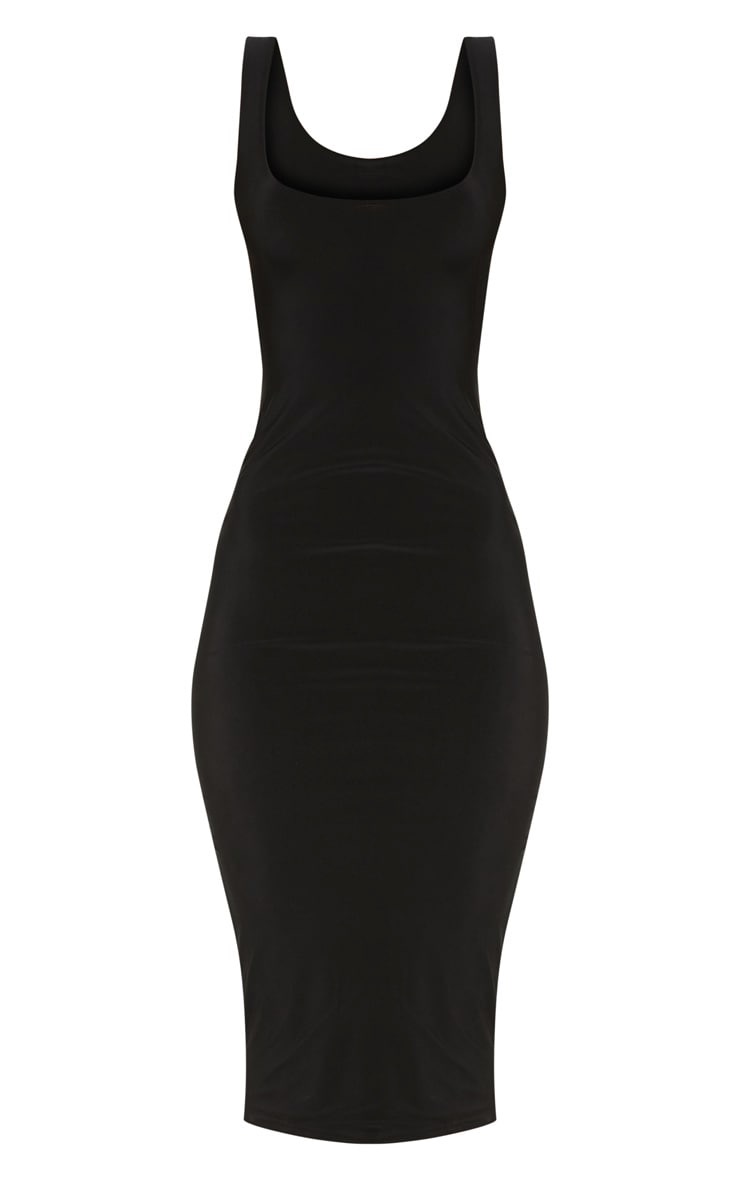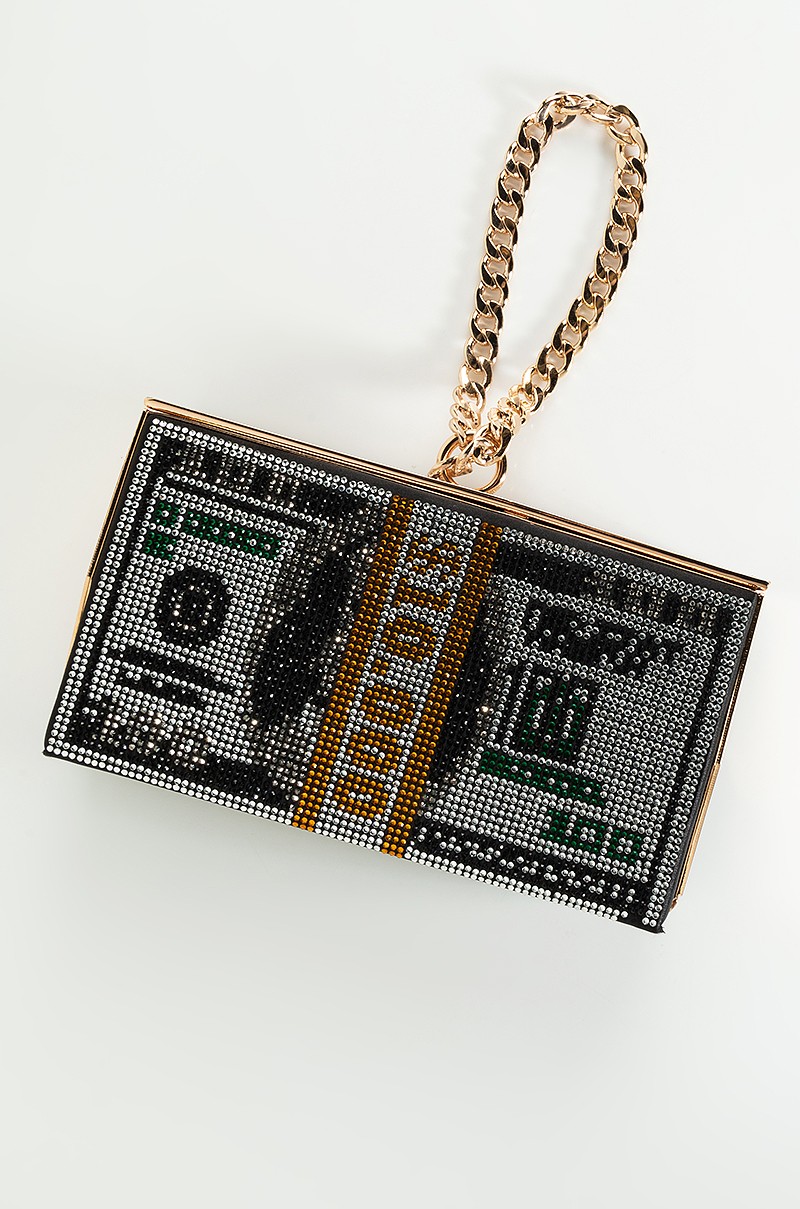
When I say I’m in my bag, *this* is the bag I mean.
Speaking of being in your bag, one of my goals this year is to secure multiple bags. This means that not only do I have to put in that work, but I also have to actively work on learning more about the best way to manage my money.
Growing up I didn’t learn a whole lot about money management and financial literacy. I’ve always been pretty good at saving though, and I did quickly learn that I needed to save to pay these bills (like that undergrad tuition, lab fees, music fees, and the books. ALL the books. Whew chile). I started learning more about financial literacy around the time I graduated from college because as a young millennial black woman, I was determined to do my best to start off on the right path.
5 of the tips that have helped me get my financial life together, and start managing my money like a boss:

1) Write a budget.
The biggest thing that I’ve learned about managing my money is the importance of having a budget AND the discipline to stick to it (which can be hard due to life circumstances, and honestly sometimes that “New In” on Zara page be getting ya girl).
Having a budget, simply means that you’re making a plan for where all of your money needs to go. If you’ve never written one before, you need to write one immediately. Today.

To keep track of my budget, I love to use the Mint app. It allows you to connect all of your accounts and credit cards, so you can see how much money you have, your cash flow (how much money came in v.s. money going out), credit score, set up bill reminders, and set financial goals. It’s free and super easy to use.
2) Have an emergency fund
If there’s anything that we’ve seen in the wake of COVID-19, it’s how important it is to have an emergency fund. Your emergency fund should be for emergencies ONLY (not the new shoes that dropped that you keep getting “low stock” alerts for sis). Dave Ramsey suggests starting with a $1,000 emergency fund until you’ve gotten out of debt, after which you need to add 3-6 months of expenses to your fund. It’s ok if you have to build it slowly, the point is to be intentional about setting aside money for an emergency. Focusing on doing it first, allows you to focus on your other goals without having to worry about an emergency.
Having an emergency fund definitely brings a sense of peace. This is because you know that if something were to pop off, you’re good. I recently was having some car issues and was able to relax because I knew I had an emergency fund to use if I needed to.
3) Pay yourself first.
Technically I pay myself second, as I tithe every time I get paid first. Paying yourself first simply means taking a certain amount of your income, and saving it before you start using your money for anything else. I started doing this with 10% of my income and was surprised at how fast it started to add up. I had heard this tip a lot over time, but I read The Richest Man in Babylon the importance of stashing money away for yourself first was really driven home.
4) Plan your purchases & Always Have a Stash.
In your budget, it’s important to set aside some money for fun stuff. I’m not saying to plan a series of luxurious shopping sprees, but definitely don’t omit fun money (dinner, a movie, inexpensive cute shoes, etc) from your budget. Whenever I tried to write a budget, and not include these things (because I was “laser focusing” and wasn’t going to buy a single thing. Are you laughing at me? because I’m laughing me) I inevitably threw off my budget because I bought things and didn’t plan ahead. All it takes it ONE trip to Target sis.
Also, if you know there’s something you really want to buy: set up a sinking fund for it. A sinking fund is money you set aside for a specific item, trip, experience, etc. Find out the total cost (taxes, fees, all dat), and divide it by how many weeks are between now and when you want to buy it. That’s how much money you need to set aside each week.

You can set up a separate savings account for it, or use an app like Digit (which I LOVE, using my referral link will get $5 added to both of our savings) to automatically set aside a little money for you on a daily basis to help you reach your goal.
I already have a sinking fund going for some of the things on my luxury wishlist, and I’ve been using the Digit app to help me save up for them.
5) Break up with debt
I ain’t even gon’ hold you, I never really thought a completely debt-free life would be attainable or was really a thing until I came across Dave Ramsey. This is simply because I feel like I always thought that being debt-free meant that you had to be wealthy enough to avoid debt (which isn’t true, as we’ve seen many celebs, unfortunately, go bankrupt over the years).
While to a certain degree, you know you will always have bills for necessities (utilities, mortgage until you pay your home off, food, doctors visits, etc.) that is not the same thing as having consumer debt (basically running up your credit cards, and not paying them off entirely. If you’re not careful you’ll get stuck in the loop of paying a ton of interest when in the long run you could have spent less if you had planned your budget better. Ask me how I know?). The best thing you can do for yourself and your financial life is to evaluate your finances and make a plan to get out of debt. Write down everything you owe, what it will take to pay it all off, figure out how long it’ll take, and get it to work. It’s easier said than done, but it’s not impossible. You can do it, and I believe in you.
Recommended Resources:
Dave Ramsey’s Podcast and Complete Guide to Money Book (a GREAT starting point)
Chris Hogan’s Everyday Millionaires Book and Podcast
Brown Ambition Podcast
What is some of the best money advice that you’ve ever been given? Drop it in the comments! Each one, teach one!
Stylishly Yours,
Theresa Seyi

P.S. You can shop my look below, y’all know I had to still give you fashion even with some money tips
0

